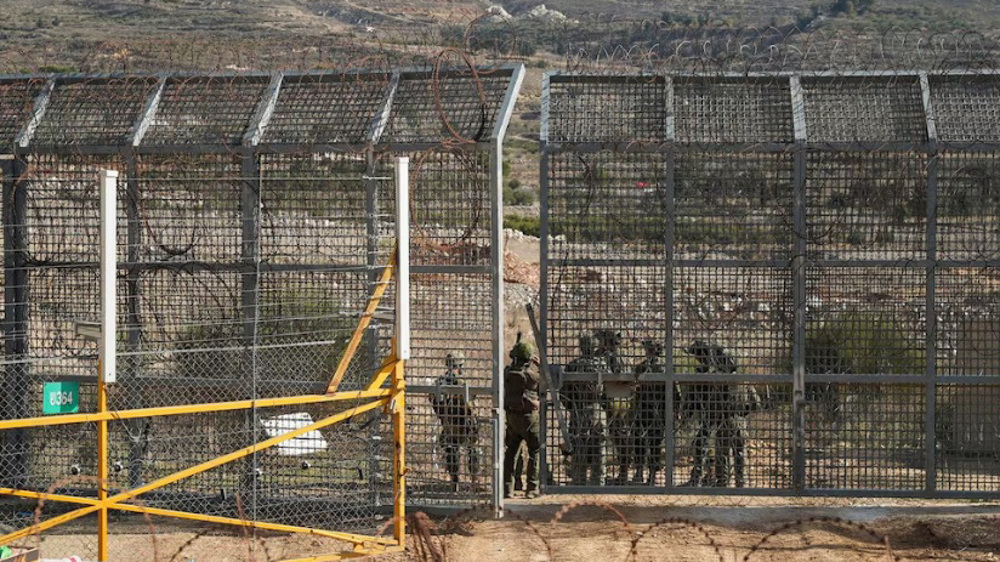US-backed militants eye Syria city amid govt. advances
A coalition of US-backed Kurdish and Arab militants has launched an offensive against Daesh-held areas in Syria’s Dayr al-Zawr Province amid decisive government victories in the area, raising the prospect of a confrontation with Syrian army forces.
Earlier in the week, the Syrian army and its allies reached the provincial capital of the same name, breaking a nearly three-year-old siege by the Takfiri terrorist group of Daesh on government-held parts of the city.
The exploit was a debilitating blow to the outfit and facilitated the army’s ongoing efforts to secure the area bordering Iraq. The liberation of the entire border area would be particularly important because it would stop the Takfiri terrorists’ cross-border transit between Syria and Iraq.
Syria’s ultimate control of the oil-rich province would also help revive its economy.
Just on Saturday, the Syrian army and its allies recaptured the Teym oilfield from Daesh near the city of Dayr al-Zawr.
Amid the advances by the Syrian military and its allies, the US-backed Syrian Democratic Forces (SDF) militant group on Saturday announced the launch of an offensive against Dayr al-Zawr with the participation of thousands of militants.
Ahmed Abu Khawla, the commander of the so-called Dayr al-Zawr military council — part of the SDF involved in the attack on the province — said he commanded a force of 4,000 fighters.
He said the SDF was already forming a local civilian council to administer the area after the pending military operations.
The US-backed SDF, which has not been in coordination with the Syrian government, has already been a source of tension in the Arab country.
In late August, Syrian Kurds said they would hold three elections in a “federal region” they are establishing in Syria’s north, despite having reiterated in the past that they had no such plans.
The Kurds declared three “autonomous” cantons in the north in 2013, taking advantage of the Syrian army’s withdrawal from swathes of territory there.
Massoud Barzani, the president of the semi-autonomous Kurdistan Region in northern Iraq, announced earlier in the year that his region was planning to hold an independence vote on September 25. Various regional and international players have strongly cautioned against the vote and its implications for Iraq and the entire region.
Turkey and Iran are opposed to the prospect of Kurdish independence. Ankara has been wary of the advance of the Kurdish forces close to its borders. It says the forces are linked with the Kurdish separatists it has been fighting inside Turkey for decades, and has deployed troops to northern Syria to drive them back.
‘SDF too undermanned to win’
Ahmad al-Ahmad, who heads the armed Syrian opposition’s Syria Press center, meanwhile, said the SDF did not have the manpower to control Dayr al-Zawr, adding that government forces had brought in lots of troops and allies for the battle.
He said the government, on the other hand, was capable of retaking territory on the Syrian-Iraqi border.
Yemeni missile strikes chaos, mayhem into central Tel Aviv; triggers stampede that injures 20
VIDEO | 444 days of ethnic cleansing
VIDEO | Bethlehem's Christmas dimmed by war, restrictions
Israel admits assassinating Hamas leader, vows to inflict same fate on Yemeni fighters, people
VIDEO | Yemeni forces repel US-British attack, down F-18 Jet
Iran’s capabilities vast; enemy’s ‘maximum pressure’ policies all failed miserably: Senior official
Iran’s economy grew 2.7% y/y in Sep quarter: CBI
VIDEO | Freelancers in Gaza strive to stay online amid genocide















 This makes it easy to access the Press TV website
This makes it easy to access the Press TV website